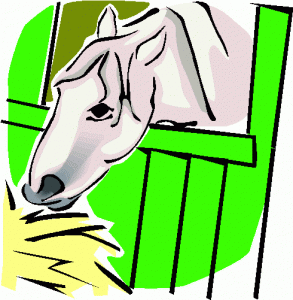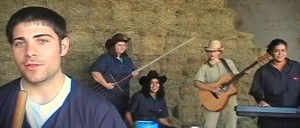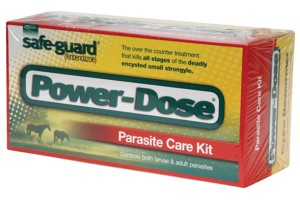 Hay horse owners! Want to learn more about your horse? Don’t miss out – your Alabama Cooperative Extension System presents a meeting of the Horse Owner Resource, Science and Education (H.O.R.S.E) educational series for Spring 2014!
Hay horse owners! Want to learn more about your horse? Don’t miss out – your Alabama Cooperative Extension System presents a meeting of the Horse Owner Resource, Science and Education (H.O.R.S.E) educational series for Spring 2014!
Monday Mar 24, 2014 – 6:30pm – two topics on the program – ‘Strategic Deworming of Horses’ and ‘Care of the Older Horse’
There is a $5/adult charge to attend the meeting, youth attend for free. Pre-registration by phone or email is requested. Drinks and light snacks will be served. Speakers Mariah Pearson and Courteney Holland will be presenting via Auburn University videoconferencing.
Meeting location:
TN Valley Research and Extension Center – Belle Mina
9494 Experimental Loop
Madison AL 35756
For more information, or to pre-register, contact:
Gerry Thompson, Regional Extension Agent
for Animal Sciences and Forages
Office: 256-353-8702, ext 25
Cell: 256-508-2020
E-mail: thompgl@aces.edu


 (updated 07-13-10)
(updated 07-13-10) The fenbendazole purge, also called the Panacur purge, Panacur PowerPac, and Safe-Guard Power-Dose, is a multi-day deworming treatment that targets specific life stages of the small strongyle, an internal parasite that infects horses. Fenbendazole is a member of the benzimidazole class of deworming drugs, and is the generic name of the active ingredient in Panacur and SafeGuard dewormers.
The fenbendazole purge, also called the Panacur purge, Panacur PowerPac, and Safe-Guard Power-Dose, is a multi-day deworming treatment that targets specific life stages of the small strongyle, an internal parasite that infects horses. Fenbendazole is a member of the benzimidazole class of deworming drugs, and is the generic name of the active ingredient in Panacur and SafeGuard dewormers.